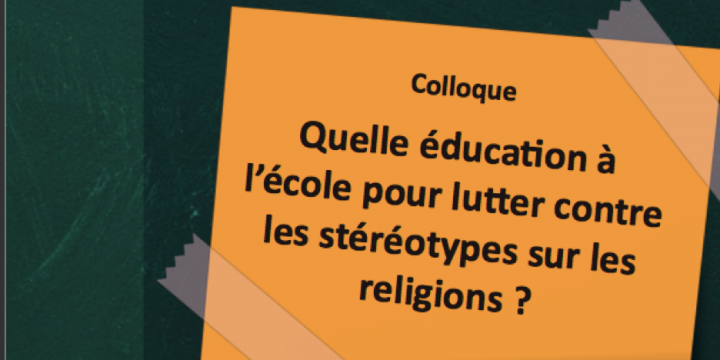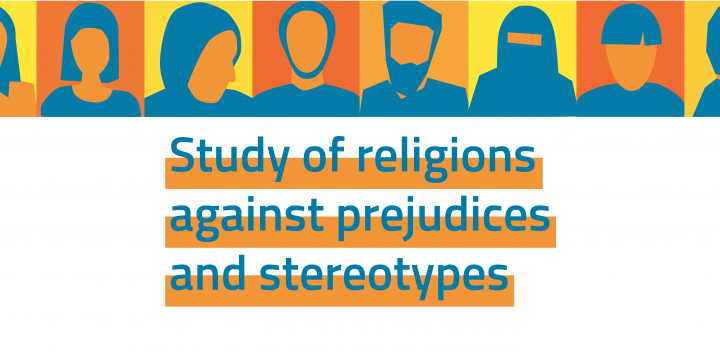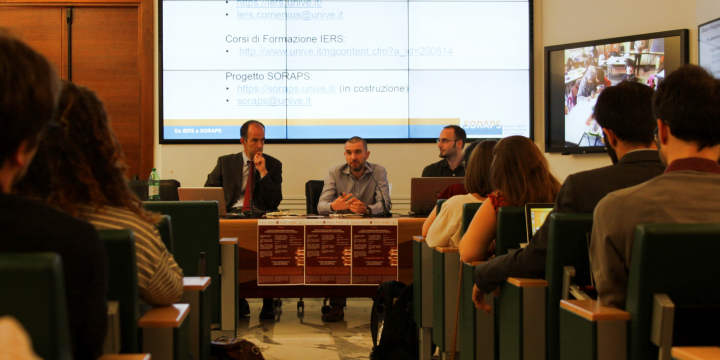
Guidelines on Prejudices and Stereotypes about Religions
Guidelines on Prejudices and Stereotypes about Religions, the first publication produced within SORAPS project, has been published recently. The aim of the document is to illustrate, starting from the existent literature and surveys conducted in partner schools, which prejudices and stereotypes regarding religions should be addressed in schools and which training approaches are required to debunk them in a critical and scientifically informed way. The design of the training materials will be grounded on this document. Even if the contents of the document are complete, the document aims to remain living material to be reviewed and updated through the life-cyle of the Project. Guidelines are freely downloadable at the link below: SORAPS_IO1_V3 SORAPS_IO1_Appendix1_V1 SORAPS_IO1_Appendix1_V2




